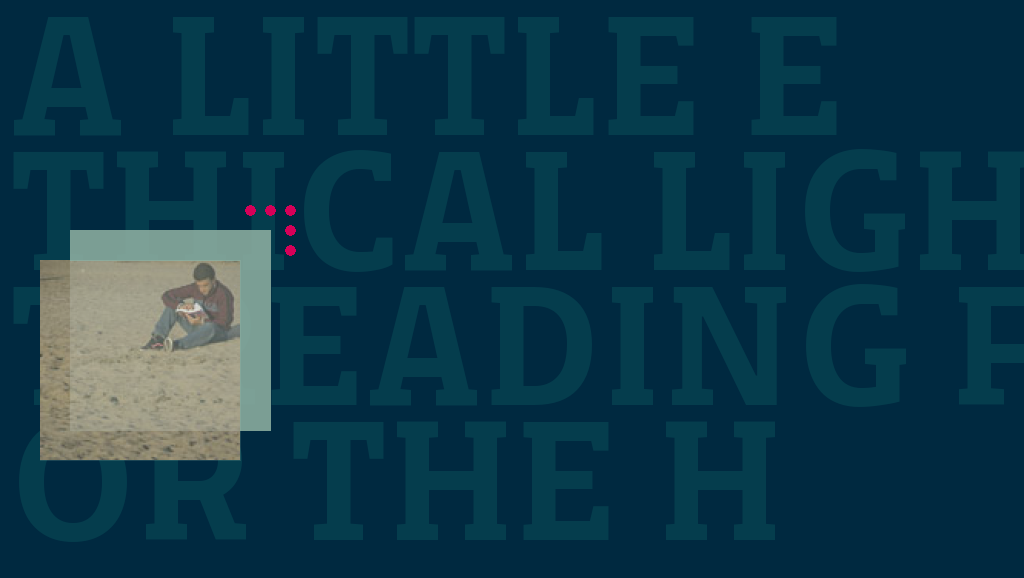Richard G Epstein works in the Department of Computer Science, West Chester University of PA, where he teaches courses on computer science, software engineering and computer security and ethics.
His university home page provides access to some of his publications, and I would like to have a look at three of them. I should say at this point that I know nothing about computer programming and the works (one could certainly not say articles) that he produces as teaching aids are extremely entertaining but require no technical understanding. I even found myself laughing as I recounted one of them to my wife.
Mr Epstein has written several plays and a series of fake newspaper articles designed for use while teaching ethics to computer science students. He has a wry sense of humour and manages to put serious ethic issues into funny situations with the aim of provoking thought and discussion. This innovative approach itself makes the works worthy of further investigation so I would like to outline three of his themes and his approach.
The Case Of The Killer Robot is a series of fake newspaper articles that report the story of an accident at work involving an industrial robot and its operator. The early articles are descriptions of the accident but as the work moves on it slides into legal and ethical territory. Who is actually guilty for the malfunctioning of the machine and who should be held legally responsible? One of the programmers is found to have misunderstood a piece of code scrawled on a post-it and his translation error is deemed to have caused the death so he is charged with manslaughter.
The reporters visit the factory and interview fellow workers that reveal problems within the organization and managerial team and slander the poor programmer’s personality, all in perfect local journalism hack style. They have expert interviews and uncover both design faults and personal differences between members of the development strategy team.
The issue of responsibility is really brought to the fore, although in a fictional setting or maybe because it is in a fictional setting the ethical dilemmas faced during the development and working practices involved are laid bare. It makes for a very entertaining and thought provoking read.
The second work I recommend is one of the author’s plays entitled The Sunshine Borgs. The play is set in the near future and tells the story of a bitter ex playwright who has lost his job and seen the demise of human participation in the arts caused by the development of computer programmes that write plays and music for human consumption.
The play investigates the threat that high power “intelligent” computing could pose to human creativity. Robots have taken over as actors, lovers, authors and just about everything else. Pain and suffering, poverty and crime have been all but eradicated but has humanity lost its passion? The play contains a twist that I won’t reveal and the writing style even manages to portray the effect that working in a computer environment can have on language use and thought processes. The Author describes this work as a comedy but it is too close to the bone to make you really laugh. Questions such as the legal rights of robots and the possibility of charging a human with robot abuse are raised, when the main character’s unwanted robot companion commits suicide as a result of the playwright trying to educate a soul into his hated but extremely useful houseguest.
Another of his plays entitled NanoBytes addresses the problem of nanotechnology, an interesting story of the head of a nanotechnologies company and a small mishap regarding molecular sized computers that can be injected into people in order to stop anti-social behaviour. A much shorter read but with some equally interesting twists and an insightful tongue in cheek description of American family and business life.
All downloadable on PDF and printable so that you will not have to take your laptop on holiday, because taking your laptop on holiday with you could be the start of the cycle that Mr Epstein so wittily describes.
















